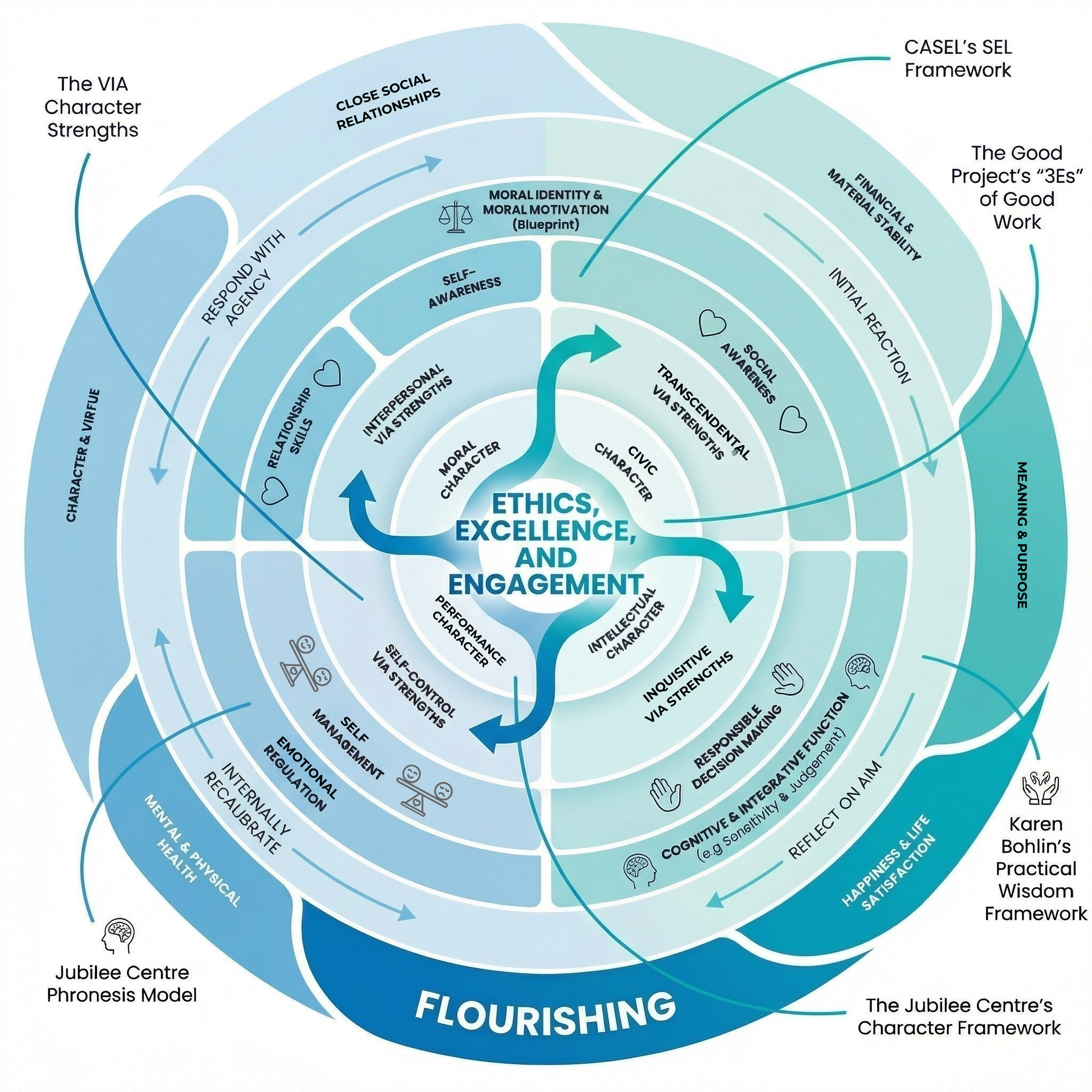It’s mid-summer here in the United States, and our team members have each been enjoying a little summer reading and a few holidays away from work. Of course, while summer is often a time to slow down and recharge, world events these past few weeks have not slowed. The COVID pandemic continues to be with us and is entering a new phase of danger due to the delta variant; dangerous weather fueled by climate change has affected many countries; and the Olympic Games in Tokyo are well underway.
Below are a few articles that got us thinking recently. We invite you to read them and share your own thoughts.
Vishal Kheptal, a physician working in Rhode Island, describes for Slate how the disparity in COVID vaccination rates in the United States is resulting in starkly different conditions on the ground for communities across the country. Most people expect physicians to do “good work” in their practice of medicine, and the difficult conditions that doctors respond to influence their understandings of excellence, ethics, and engagement on the job. These understandings will continue to change and adapt for many people depending on the pandemic’s local course (link here).
The Good Project supports the free exchange of ideas and believes in the power of “better arguments” (link here). A major goal of our work has been to support the open discussion of values and views across groups. We have been troubled by the attempts of some lawmakers in the United States to pass laws that would prohibit educators from freely discussing ideas with their students, which have been targeted in particular at critical race theory. Four writers from across the political spectrum explain in the New York Times why these types of laws are in opposition to free speech and liberal education (link here).
Gymnastics is a sport that often demands strong commitment from athletes from a young age. A popular dilemma from our database concerned a young gymnast who felt pressured to attend practices by her parents (link here). Echoing this situation, when champion gymnast Simone Biles stepped away from competition at the Tokyo Olympics, commentators like Jemele Hill in The Atlantic pointed out Biles’ bravery in countering the narrative of athletic invincibility and in potentially setting a precedent for others to take care of their mental health, rather than face the pressures of competition (link here).
We have mentioned moral paragons like Mother Teresa (and others) as exemplars of “good work.” A new podcast series titled “The Turning,” summarized by Salon, reevaluates Mother Teresa’s legacy through the eyes of former nuns from the Missionaries of Charity, the order that she founded. The interviewees allege a culture within the order of total repression and silence that made it difficult to actually do good for the poor. The criticism from those close to Mother Teresa raises questions about aspects of her life and legacy, and subsequently those of other moral exemplars, that must now be looked at through a different lens (link here).
Addressing climate change is taking on ever-increasing urgency, as recent heat waves and flooding events have demonstrated. The solution may seem like simply transitioning away from fossil fuels, but as Dr. Beverly Wright explains for The Hill, environmental justice is also about making sure that people can thrive in “good jobs” in the aftermath of economic transition. As her argument shows, doing “good work” most often involves multiple factors and considerations, and is rarely easy (link here).





